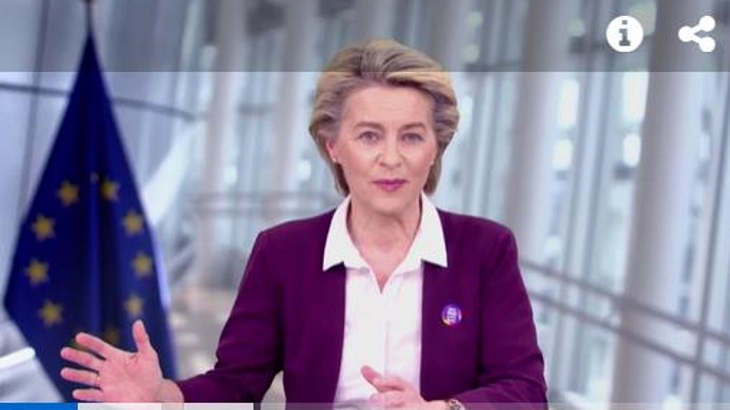Unveiling the package of proposals yesterday, the Commission said achieving these emission reductions in the next decade is crucial to Europe becoming the world's first climate-neutral continent by 2050 and making the European Green Deal a reality. The proposals represent the legislative tools to deliver on the targets agreed in the European Climate Law and fundamentally transform the EU economy and society for "a fair, green and prosperous future".
Foratom says it "fully supports" all proposals which aim to reduce CO2 emissions in line with the Climate Law and Paris Agreement, adding that "the bar has been set very high" as it will apply to a broad range of sectors including industry, buildings and transport.
Yves Desbazeille, Foratom Director General said: "Achieving this target will not be easy - many aspects need to be taken into consideration to ensure that, in the race to decarbonisation, other problems do not arise."
Together with other low-carbon technologies, nuclear power has an important role to play in this transition, he added. "Nuclear is also affordable and available 24/7, which are two key attributes when it comes to finding competitive solutions for energy-intensive industries in Europe."
Foratom said the nuclear sector "remains committed" to working with the EU and supporting technology neutral policies which will help achieve the clean energy goals. Foratom highlighted the finding of the recent International Energy Agency and OECD Nuclear Energy Agency joint report - Projected Costs of Generating Electricity 2020 - that the long-term operation of nuclear power plants remains the cheapest source of electricity "across the board". Therefore, prolonging the existing fleet of nuclear power units would be the best way of achieving the 2030 targets in an affordable manner, it added.
The proposals are "connected and complementary", the Commission said, and include, among others, a new 'carbon border adjustment mechanism', a lower overall emission cap in the EU Emissions Trading Scheme, and 'effort sharing regulation' that assigns strengthened emissions reduction targets to each Member State.
President of the European Commission, Ursula von der Leyen, said: "The fossil fuel economy has reached its limits. We want to leave the next generation a healthy planet as well as good jobs and growth that does not hurt our nature. The European Green Deal is our growth strategy that is moving towards a decarbonised economy. Europe was the first continent to declare to be climate neutral in 2050, and now we are the very first ones to put a concrete roadmap on the table. Europe walks the talk on climate policies through innovation, investment and social compensation."








_97013.jpg)






